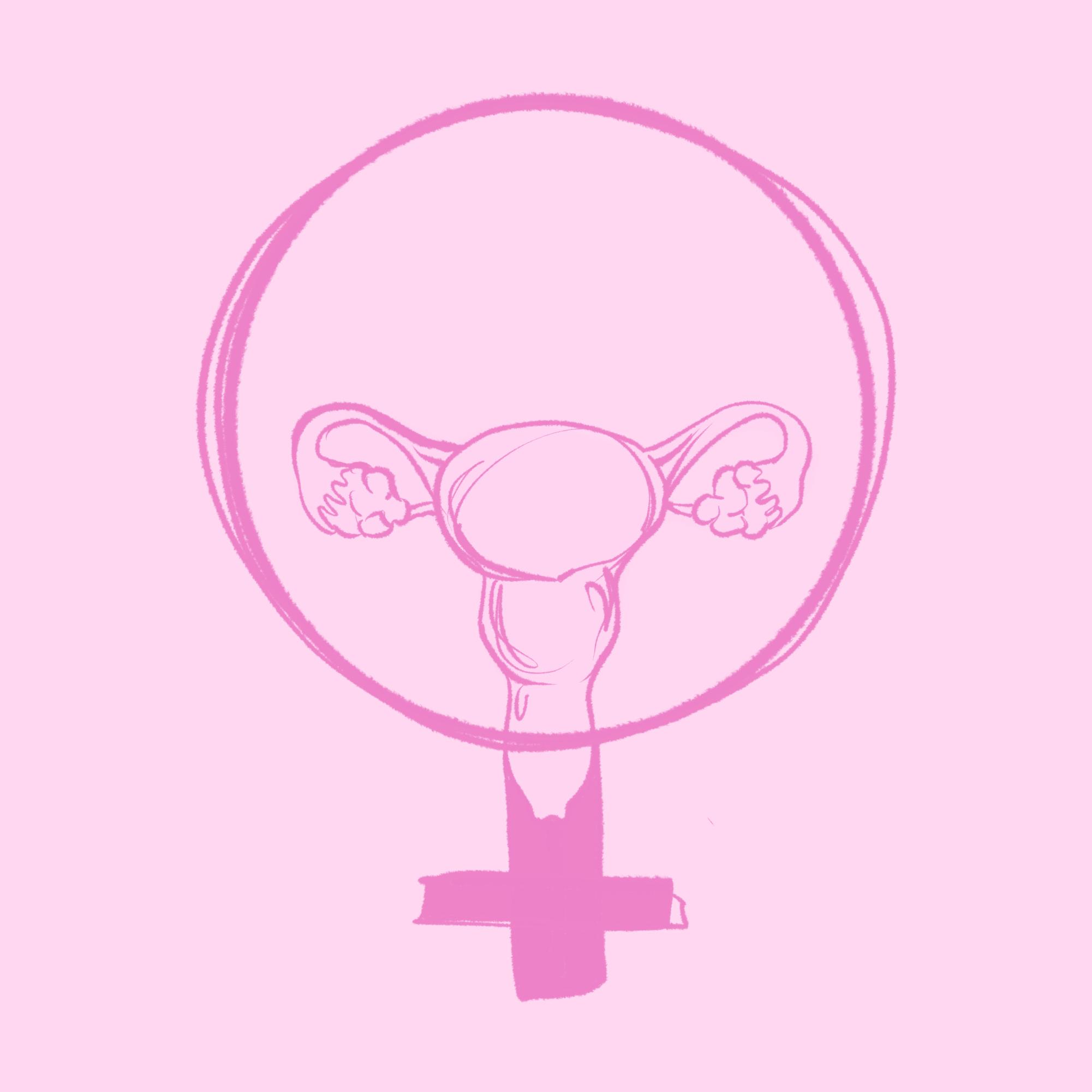What Trump’s win means for the future of reproductive rights


Susan Frietsche, executive director and law attorney for the Women’s Law Project, said the future of reproductive rights across the country looks “really bad.”
“I don’t want to sugarcoat it,” Frietsche said. “We are in a moment of intense crisis and grave danger in reproductive health. There’s no denying that, but we also are not entirely powerless. What we will do [and] how we will respond over the next four years will matter immensely.”
After Donald Trump’s victory, many people have questions about what the future looks like for reproductive rights. Although his policies on reproductive rights had been inconsistent throughout his campaign, Trump most recently said that abortion limits would be left to the states. In the past, House Republicans have endorsed a national abortion ban. Frietsche explained what reproductive rights look like in Pennsylvania right now and if change should be expected.
“Abortion is legal and available in Pennsylvania,” Frietsche said. “And it will remain so for the foreseeable future. We just can’t trust [Trump’s] campaign promises. They have not been consistent, and I don’t know what the plan is among opponents of reproductive liberty. What I can say is that nothing has changed yet.”
With the Pennsylvania state legislature’s control split between Democrats and Republicans, Greer Donley, an associate professor of law who has been widely published in her works on abortion and other reproductive healthcare, said she thinks it’s “very unlikely that any new abortion laws are going to pass here.” However, she noted that Pennsylvania citizens have already had some difficulties accessing abortion care under the state’s current laws, such as requiring state-scripted counseling and implementing a 24-hour delay.
“In Pennsylvania, abortion is legal throughout until through 24 weeks of pregnancy and after that [in] rare circumstances,” Donley said. “But in those first 24 weeks, there’s a lot of hoops that people have to jump through to be able to get the abortion. So we’re not really a state that’s going to have the ability to repeal a clause, but on the other hand, we’re also not a state where you’re going to see a ban come into effect anytime soon.”
Jacqueline Ellison, assistant professor within the Department of Health Policy and Management, said that for many people, abortion care and contraception were inaccessible even under Roe v. Wade.
“In the time between Roe v. Wade and Dobbs v. Jackson, states enacted over 1000 laws that restricted access to abortion,” Ellison said. “Access to reproductive health in this country has always been hard for some people to access. But I think it’s not going to get better under the Trump administration.”
Ellison discussed how quickly the country might see a change in reproductive rights, although there is no definite path after this election.
“Under the last Trump administration, the [US Department of Health and Human Services] restricted funding to Title X facilities that were affiliated with abortion,” Ellison said. “The federal funding for facilities that might provide abortions was retrenched. So I think funding is something that can be relatively quick, but I think other things might take a bit longer.”
This November, seven states voted to take measures that will protect reproductive rights in their state constitutions. Ellison said Pennsylvania could possibly take the same steps in the future.
“Some states like Rhode Island voted to cover abortion care in the state Medicaid program using state-only funds,” Ellison said. “That’s an example of a protective policy that Pennsylvania could go for that would certainly improve access to reproductive health for people in the state.”
Although the results of this election aren’t what the people in the reproductive rights movement wanted, Donley said it doesn’t mean their “fight is over in any way.”
There’s a lot of open questions about what an incoming Trump administration will try to do,” Donley said. “But until they start doing that, I think a lot of the strategies are really the same, like focusing on state initiatives. The referendum was very successful. Many blue states have been able to repeal some of the unnecessary abortion regulations that they had [and] many of them passed shield laws.”
Recent Posts
‘He’s off to a much faster and better start’: Republicans reflect the second Trump administration’s first two months
Since Inauguration Day Trump’s second term has caused division amongst young Americans. Despite these controversies,…
Who Asked? // Why do we accept bad treatment from people?
This installment of Who Asked? by staff writer Brynn Murawski attempts to untangle the complicated…
What, Like It’s Hard? // Lean on your people
Contributing editor Livia LaMarca talks about leaning on your support networks and gives advice on…
Note to Self // Hot Girl Summer
In the sixth edition of Note to Self, Morgan Arlia talks about how she is…
A Good Hill to Die On // Down to Date and Time
In the latest version of “A Good Hill to Die On,” staff writer Sierra O’Neil…
‘Dress for Success: Closet to Career’ alleviates the stress of building a professional wardrobe
As the end of the spring semester rapidly approaches, many Pitt students find themselves in…
